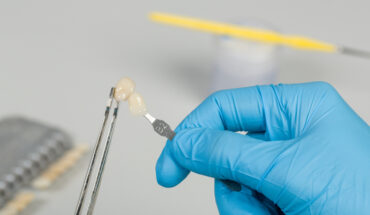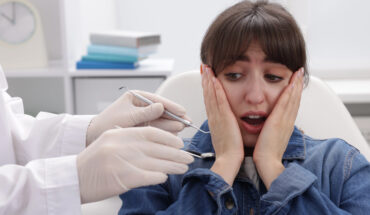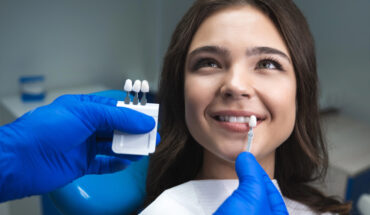Every year on February 4th, the world unites to raise awareness about cancer prevention, detection, and treatment. World Cancer Day serves as a powerful reminder of the importance of early diagnosis and proactive healthcare. In Australia, oral cancer is an often-overlooked disease, yet it can have severe consequences if left undetected.
Understanding Oral Cancer
Oral cancer, also known as mouth cancer, refers to cancers that develop in the tissues of the mouth or throat. It can affect the lips, tongue, cheeks, gums, floor of the mouth, hard and soft palate, sinuses, and even the throat. Like other cancers, oral cancer can be life-threatening if not diagnosed and treated early.
Prevalence in Australia
According to Cancer Council Australia, over 5,300 Australians are diagnosed with head and neck cancers each year, including oral cancer. While oral cancer is more common in older Australians, cases among younger individuals are rising due to risk factors such as HPV infection and increased alcohol and tobacco use.
Recognising the Early Signs
Detecting oral cancer early significantly improves treatment outcomes. Here are some of the key warning signs to watch for:
- Persistent Mouth Sores – Ulcers or sores that do not heal within two weeks.
- Red or White Patches – Unusual discoloured patches inside the mouth.
- Lumps or Thickening – Unexplained swelling, lumps, or thickened areas in the mouth, lips, or throat.
- Difficulty Swallowing or Speaking – Persistent sore throat, hoarseness, or difficulty moving the tongue or jaw.
- Numbness or Pain – Unexplained pain, tenderness, or numbness in the mouth or lips.
- Loose Teeth or Ill-Fitting Dentures – Unexplained dental issues without apparent causes.
Risk Factors
Several factors increase the risk of developing oral cancer:
- Tobacco Use – Smoking or chewing tobacco remains one of the leading causes.
- Excessive Alcohol Consumption – Heavy drinking significantly raises the risk.
- HPV Infection – The human papillomavirus (HPV) is linked to some oral cancers.
- Prolonged Sun Exposure – Can lead to lip cancer.
- Poor Oral Hygiene – Increases susceptibility to infections and conditions that can contribute to cancer.
Prevention and Early Detection
While some risk factors, such as age and genetics, are beyond our control, there are several proactive steps Australians can take to reduce their risk:
- Quit Smoking & Limit Alcohol – Eliminating tobacco and reducing alcohol intake can drastically lower the chances of developing oral cancer.
- Regular Dental Check-Ups – Dentists are often the first to notice suspicious oral changes. Regular visits can lead to early detection.
- Practice Good Oral Hygiene – Brushing, flossing, and using mouthwash can help maintain a healthy mouth.
- Sun Protection for Lips – Using SPF lip balm and wearing a hat can protect lips from harmful UV rays.
- HPV Vaccination – Getting vaccinated against HPV can help reduce related cancer risks.
Seeking Medical Advice
If you notice any unusual changes in your mouth that persist for more than two weeks, it’s essential to consult a dentist, GP, or specialist for further evaluation. Early detection is key to successful treatment and recovery.
Support & Resources in Australia
If you or someone you know is affected by oral cancer, support is available:
- Cancer Council Australia – Provides information, support groups, and a helpline (13 11 20).
- Australian Dental Association (ADA) – Offers oral health education and resources.
- Beyond Blue – For mental health support related to cancer diagnosis.
- HPV Vaccination Program – Available through schools and healthcare providers to prevent HPV-related cancers.
Final Thoughts
On World Cancer Day, let’s take a moment to prioritise our health by being aware of the signs of oral cancer and spreading awareness. Early detection saves lives, and simple lifestyle changes can go a long way in preventing this disease.
Encourage your loved ones to stay informed, schedule regular dental check-ups, and lead a healthier lifestyle. Together, we can make a difference in the fight against cancer.




